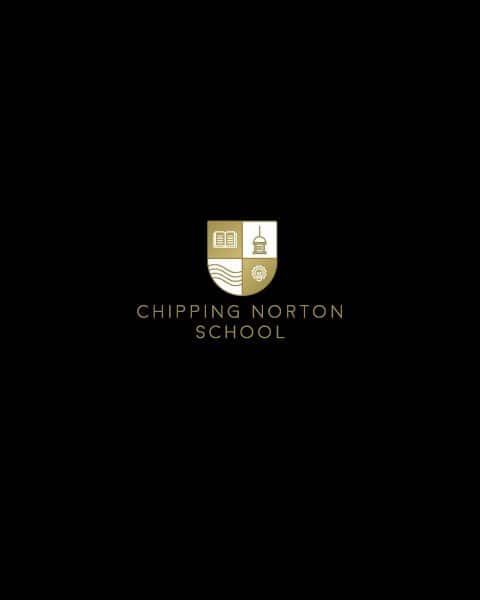MENUMENU
- Homepage
- Joining the School
-
-
Order uniform by 1 August
- Uniform
-
- News and Events
- Our School
-
- Students
-
-
EXAM Results 2024
A- Level results 15 August 2024
GCSE results 22 August 2024
- Understanding & Collecting Examination Results
- Post Results Services
-
- Sixth Form
-
-
Exam Results 2024
A- Level results 15 August 2024
GCSE results 22 August 2024
- Understanding & Collecting Examination Results
- Post Results Services
-
- Extra Curricular
- Contact


